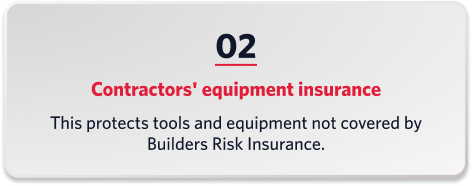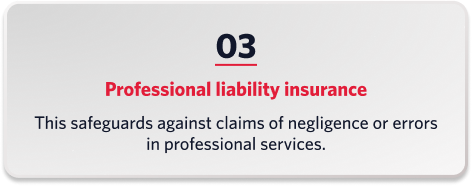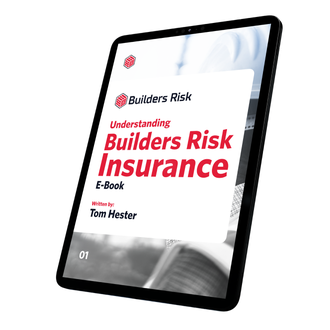Benefits of Builders Risk Insurance in West Virginia for Your Project
Ensure Your West Virginia Construction Projects Are Protected: Rely on BuildersRisk.net for Builders Risk Insurance Solutions!
Call Us Now! and Get your Builders Risk Insurance Today!
Builders Risk Insurance for West Virginia
From the Appalachian Mountains to the Ohio River Valley, Builders Risk Insurance is essential for property owners and contractors, protecting against fire damage, severe storms, and other setbacks. This specialized insurance helps manage construction costs and preserve materials.
West Virginia Builders Risk Insurance offers tailored coverage for property damage, debris removal, and unforeseen expenses. Whether it’s a residential project in Charleston, a commercial complex in Huntington, or infrastructure in Morgantown, this insurance fits various project types and scales. This article explores the benefits of Builders Risk Insurance in WV, compares it to other policies, and examines real-world case studies.
Builders Risk Insurance vs. Other Construction Policies
Comparison with general liability insurance
Builders Risk Insurance and general liability insurance serve different purposes in the construction industry. Builders Risk Insurance, also known as Course of Construction Insurance, protects buildings and structures during the construction process. It covers property damage, theft, and vandalism to the building itself, as well as materials, equipment, and fixtures being installed.

General liability insurance, on the other hand, safeguards contractors against third-party claims of bodily injury or property damage. For example, if a customer trips over equipment at a job site, general liability insurance would cover the associated costs. However, it does not protect the building under construction or the contractor's own property and tools.
Differences from property insurance
While Builders Risk Insurance focuses on structures under construction, property insurance covers completed buildings and their contents. Property insurance has a broader scope, protecting against perils such as fire, theft, and water damage for both residential and commercial properties. It also includes liability coverage for injuries occurring on the property.

The key distinction lies in the duration of coverage. Builders Risk Insurance is temporary, typically lasting for the construction period, while property insurance provides long-term protection for the life of the property. Once construction is complete, property owners should transition from Builders Risk to property insurance for ongoing protection.
Complementary coverage options
To ensure comprehensive protection for construction projects, contractors and property owners often combine different types of insurance. While Builders Risk Insurance covers the structure and materials during construction, it can be complemented by:



By utilizing these complementary coverage options, construction professionals can create a robust risk management strategy that addresses the unique challenges of the industry.
Compliance with Contract Requirements
Legal Adherence: Contractors in West Virginia must comply with specific legal requirements for construction projects valued at $10,000 or more. A written contract is mandatory and must include:
- Written authorization for changes
- Disclosure of general liability insurance
- Confirmation of workers' compensation and unemployment insurance coverage
Builders Risk Insurance: Essential for meeting these contractual obligations, offering protection against various construction risks and ensuring compliance with state laws.
- Home Buyer Trust: Providing Builders Risk Insurance options enhances trust in a contractor's business, which is crucial in West Virginia’s competitive construction market.
- Partnership with Reputable Providers: Demonstrates a commitment to protecting clients' interests, alleviating stress for all parties involved, including architects, engineers, and project designers.
- Partnership with Reputable Providers: Ensures that everyone can work with confidence, knowing the project is safeguarded against unforeseen events.
- Loan Approval: Many financial lenders require Builders Risk Insurance before approving loans or financing for construction projects. Having this coverage in place can expedite the approval process, making the contractor's bid more attractive.
- Cost-Effective Coverage: Contractors can negotiate policy agreements with insurance providers, often securing more cost-effective coverage than homeowners could independently.
- Increased Contracts: Offering comprehensive insurance options gives contractors a distinct advantage in securing more contracts and enhancing their market competitiveness.






